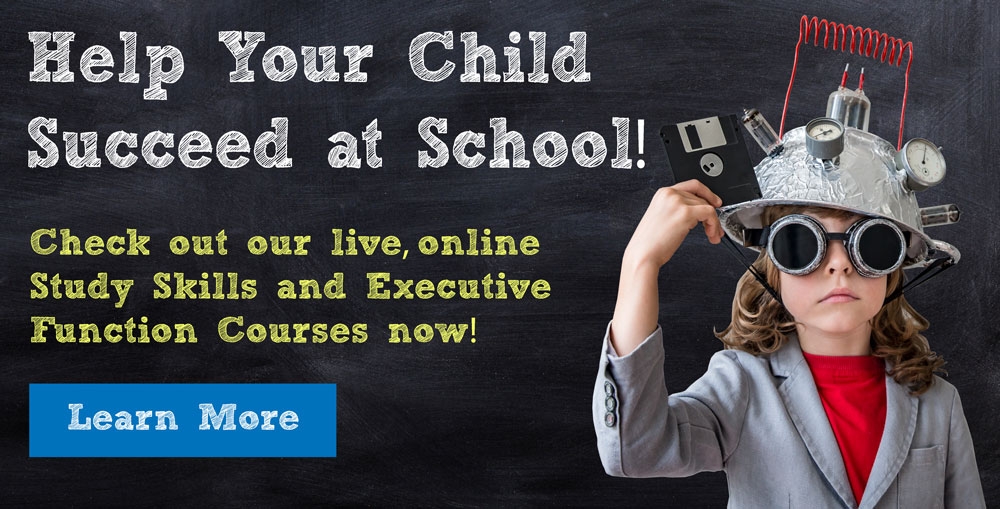Sustained attention refers to the ability to focus on one or more items for a necessary duration of time in order to problem solve, plan, or draw conclusions. In order to be successful, it is best when attention and concentration can be used flexibly in different environments and across different needs.
At school, children who have difficulty sustaining attention may appear daydreamy, fidgety, disorganized, or bored. Teachers may notice some difficulty maintaining focus on specific tasks in the classroom. Students who struggle with sustained attention may also be disruptive in the classroom. At home, children with attentional difficulties may need to hear instructions several times or appear forgetful. Although these behaviors may make a child seem to be oppositional, it is important to remember that this may not be the case. With appropriate supports, a child with attention issues can perform well at home and at school.
During a neuropsychological evaluation, a child’s attention, concentration, and inhibition may be tested with measures that assess auditory attention, visual attention, impulse control, comprehension of instructions. Some common assessments include the following: Connors CPT-2 which examines the participant’s performance in areas of inattentiveness, impulsivity, sustained attention, and vigilance; NEPSY 2, which analyzes the participants use of executive functioning and attention, language, memory and learning, sensorimotor, visuospatial processing and social perception; and D-Kefs, which examines key components of executive functions within verbal and spatial modalities. The Executive Skills Questionnaire uses the sustained attention scale to measures the capacity to sustain one’s attention and to not be distracted. The Brown ADD Scales uses the Sustaining Attention and Concentration Scale to tap into sustaining attention.
For More Information on Sustained Attention, Take a Look at the Following Websites:
LearningWorks For Kids: The premier resource for executive function information, offering a detailed explanation of sustained attention, tips for parents, and activities to improve this skill.
Great Schools: This site offers specific tips on how to help a discouraged child.
Kids in Power: This site provides five simple ways for parents to help children with their concentration skills; take a look!
Alternative Views on Attention issues. Examine how attention can play a role in a variety of daily activities.
Infographic on ADHD: Describes the various types of ADHD and basic strategies.
Strategies to improve concentration: A list of 10 practical approaches to help with focus.
Photo Credit: Jolante Van Hemert / CC BY 2.0
Receive online class information and helpful tips from Dr. Randy Kulman's LearningWorks for Kids |





